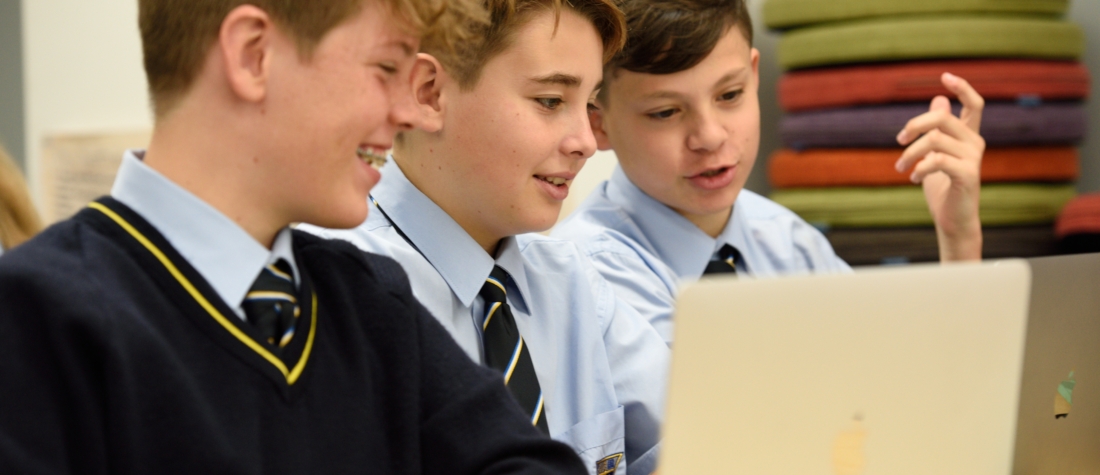Inaburra School embraces staff and student use of ICT, values digital fluency and acknowledges that thriving as global citizens now and into the future includes developing the ability to wisely utilise digital tools and resources as they evolve. Inaburra also places a high value in students demonstrating their own learning through their own work. In our current and ‘interesting times’, the understanding of what is one’s own work is being challenged, though this is not an entirely new phenomenon. Educators obliged to assess and report on student achievement have always needed ways to verify that the achievement is the student’s own.
In something of an ‘arms race’, the arrival of a device or technology that tempts students to submit work that is not entirely their own, is inevitably followed by the arrival of technology designed to detect this. When search engines began providing students with easy copy and paste answers to their questions, an industry of plagiarism-checking, tool development was launched. Similarly, when adaptive AI such as ChatGPT became broadly available, it was followed quickly by detection tools such as ZeroGPT. All the while though, and above and beyond these digital tools, has been the teacher’s knowledge of their students.
Our teachers are paying attention. Formative assessment is in constant play in every classroom, to the extent that formal assessment is very often just a capture of evidence for what a teacher has already observed. This may lead to the question, ‘If a teacher can already describe a student’s achievement, why assess at all?’ The short answer is that it’s a requirement of our compliance with the NSW Education Standards Authority (NESA) and a cultural norm for entry into things from driving a car to professional certification. A more detailed answer is that well-designed assessment is an effective way to gather meaningful information about student achievement of syllabus outcomes so that students can receive ongoing feedback to improve their learning and teachers can design teaching and learning activities to support this. In both answers, the importance that the work being assessed is the student’s own is apparent. What point is there in giving a student feedback on work that has been generated by a tutor, another student, or an AI? What point is there in designing future learning opportunities for a student based on their submission of someone, or something, else’s efforts?
From the early years when students first learn to paraphrase from books and websites rather than copy word for word, to senior years when penalties apply for malpractice in assessment tasks, our students are developing their sense of ownership of their learning. In parallel, their concepts of integrity and fairness are developing, sometimes in the face of external messaging that would diminish the value of these things. Inaburra is excited at the learning opportunities that are arising with emerging and projected technologies, and already our teachers are planning ways to incorporate these tools into some formal assessments. Even then, we will always value and measure work that is a student’s own, as part of our commitment to know and love each one of them.
Ms Danielle Karis
Academic Dean

